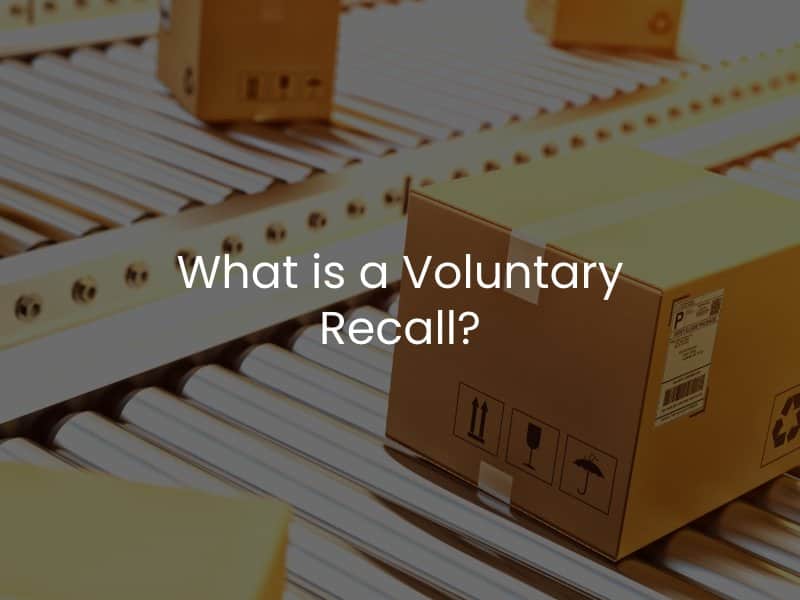What is a Voluntary Recall?
Consumers rely on safe products. Anytime you purchase a product for you or your family to use or consume, you should not have to worry about the product being defective and causing injuries or illnesses.
However, there are times when faulty products make it to the shelves and into our homes. In some cases, product recalls are voluntary recalls by a company or manufacturer. Here, we want to properly define a voluntary recall and discuss what you should do if you have been injured by a product that has been recalled.

Who Actually Issues Recalls?
If the Consumer Product Safety Commission (CPSC) determines that a product is potentially hazardous, they have the power to request that the product be recalled by the manufacturer. Notice that we said they have the power to “request” a recall. The CPSC does not have the power to actually recall a product on its own. Similar powers of requesting recalls lie with the USDA and the FDA.
When it comes to actual recalls, this responsibility falls to the company or manufacturer involved with the faulty product. Typically, these companies will quickly move to recall products upon request by a federal agency, but there are times when companies choose to voluntarily recall a product if they know about a safety issue.
Why Issue a Voluntary Recall?
Why would a company or manufacturer voluntarily recall a product without being asked to do so by the CPSC or another federal agency?
The answer to that really depends on understanding the motives of companies. No company actually wants to take products off the shelves and out of the hands of consumers. This inevitably costs money.
However, there are times when companies discover that their product is faulty, and failing to recall the product could result in major problems. This could include consumer injuries or illnesses, fatalities, as well as major state and federal crackdowns and fines.
Companies will look at their options and weigh a cost-benefit analysis when deciding whether or not to voluntarily recall a product. If it ultimately looks like the company will sustain substantial losses as a result of leaving a product on the market, then a voluntary recall will be the best option.
Additionally, all companies think about public relations and their image. If a company knows about a faulty product and fails to issue a recall, and individuals subsequently get hurt or killed, this would not be a good public image for any company. Sometimes, the potential damage to PR is enough to get a company to recall a product even if the potential for actual physical consumer harm is not great.
The website recalls.gov tracks all current recalls across the country, including free calls for most products that we use and consume on a daily basis.
Contact an Attorney
Just because the company voluntarily recalled a product does not mean that individuals will not be harmed by the product. Often, voluntary recalls happen long after a product has been on the shelves and in households of consumers. If you or somebody you love has been injured as a result of any type of product defect, including a product that has already been voluntarily recalled, you need to reach out to an attorney immediately. A skilled Sacramento product liability attorney can investigate every aspect of your claim and help you recover full compensation for your losses.